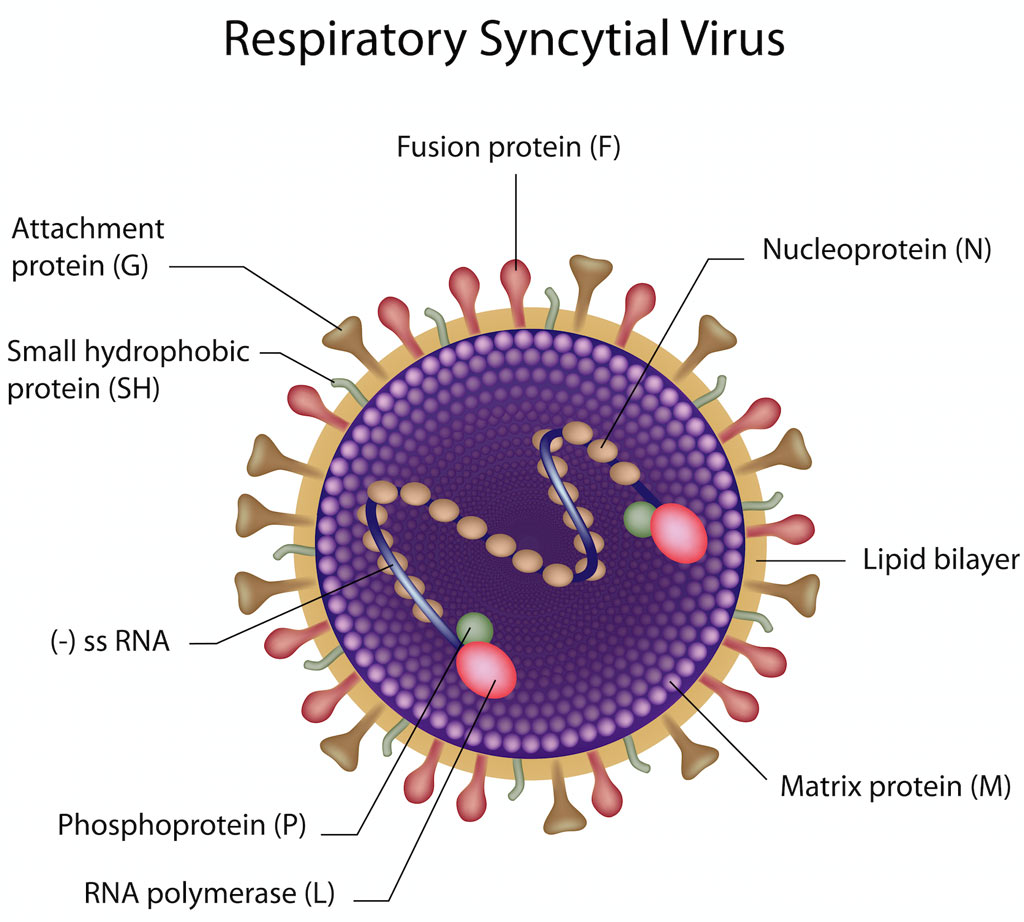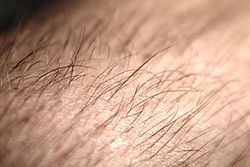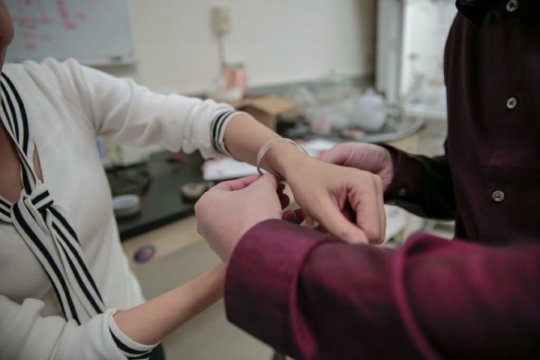It’s safe to slap on the sunscreen this summer — in repeated doses — despite what you have read about the potential toxicity of sunscreens. A new study led by the University of Queensland (UQ) and University of South Australia (UniSA) provides the first direct evidence that zinc oxide nanoparticles used in sunscreen neither penetrate the skin nor cause cellular toxicity after repeated applications. The research, published this week in the Journal of Investigative Dermatology, refutes widespread claims among some public advocacy groups — and a growing belief among consumers —…
Read MoreCategory: Skincare
Vaccine using microneedle patch with RSV virus, immune-stimulating compound is effective against RSV
Skin vaccination using a microneedle patch that contains the inactivated respiratory syncytial virus (RSV) and a compound that stimulates immune responses to the virus has been found to enhance protection against this serious disease and reduce inflammation in the body after exposure to the virus, according to a study led by Georgia State University. The findings, published in the journal PLOS ONE, describe a promising, effective RSV vaccine and delivery method, which was tested in mice. There are no approved vaccines to protect against this disease. RSV is a common respiratory…
Read MoreResearchers regrow hair on wounded skin
By stirring crosstalk among skin cells that form the roots of hair, researchers report they have regrown hair strands on damaged skin. The findings better explain why hair does not normally grow on wounded skin, and may help in the search for better drugs to restore hair growth, say the study’s authors. Led by researchers at NYU School of Medicine and published in November in the journal Nature Communications, the study examined the effect of distinct signaling pathways in damaged skin of laboratory mice. Experiments focused on cells called fibroblasts that…
Read MoreSkin cancer rates in England far higher than previously thought, according to new database
Data from the newly established UK skin cancer database, the largest database of its kind in the world, has revealed that there are over 45,000 cutaneous squamous cell carcinomas (cSCC) every year in England, 350 per cent more than previous estimates suggested. Squamous cell carcinoma is the second most common form of skin cancer. These data are important as they enable researchers and policy makers to evaluate the effectiveness of prevention initiatives, screening, staging (the process of grading a cancer in terms of size, depth and whether it has spread…
Read MoreIt’s not a shock: Better bandage promotes powerful healing
A new, low-cost wound dressing developed by University of Wisconsin-Madison engineers could dramatically speed up healing in a surprising way. The method leverages energy generated from a patient’s own body motions to apply gentle electrical pulses at the site of an injury. In rodent tests, the dressings reduced healing times to a mere three days compared to nearly two weeks for the normal healing process. “We were surprised to see such a fast recovery rate,” says Xudong Wang, a professor of materials science and engineering at UW-Madison. “We suspected that…
Read More



